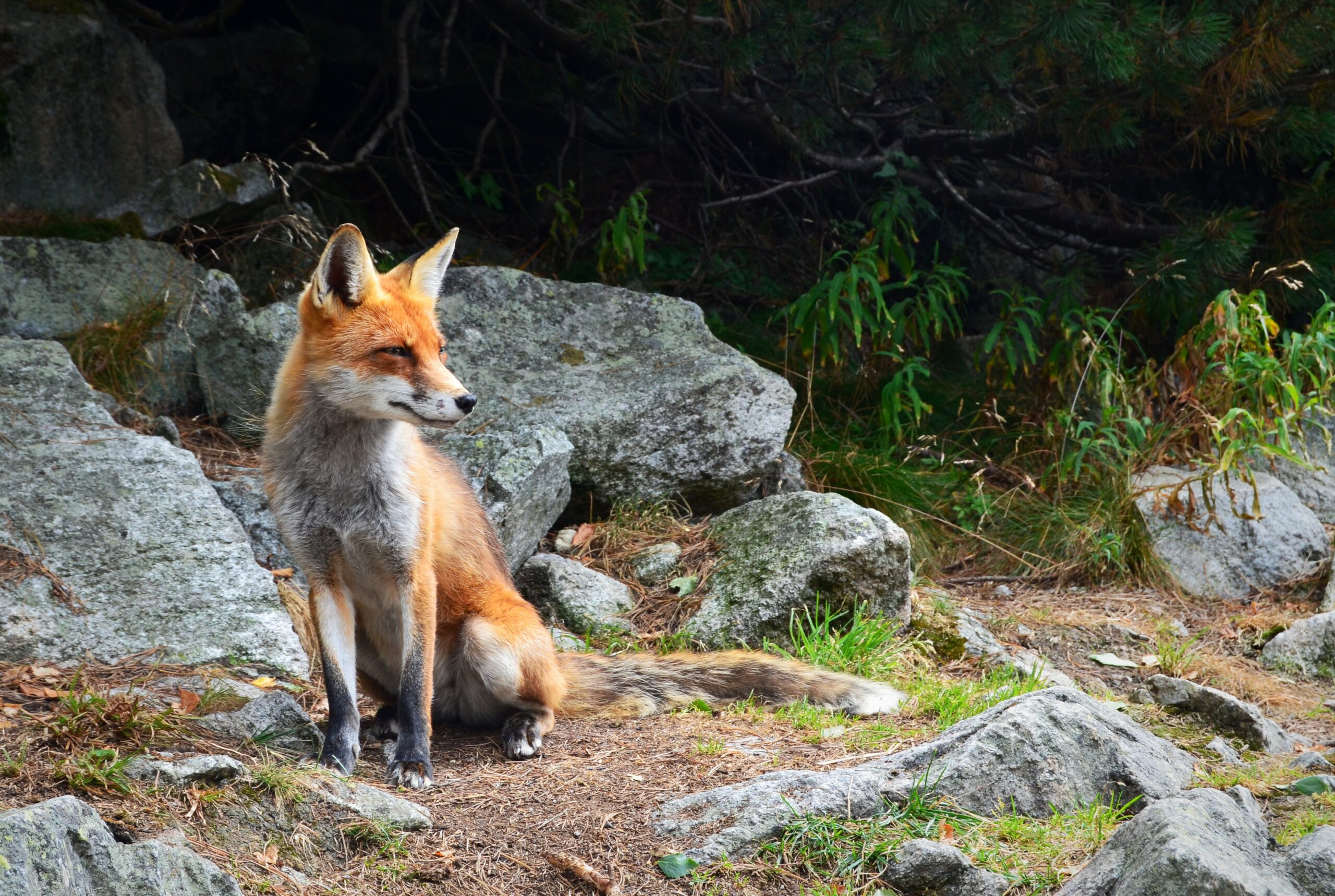
About this Event
Identifying and reducing human health risks from wildlife trade needs an internationally coordinated and cooperative approach. To this end, the International Alliance against Health Risks in Wildlife Trade serves as an inclusive and interdisciplinary platform to discuss challenges and formulate solutions vis-á-vis human-wildlife interfaces and associated health risks and the emergence and spread of zoonotic pathogens from wildlife.
During this online session Richard Kock and Hernán Cáceres-Escobar shared their insights from investigating the links between wildlife and the emergence of human infectious zoonoses and EIDs. They are both lead authors of the upcoming “Situation analysis on the roles and risks of wildlife in the emergence of human infectious diseases” by the IUCN Species Survival Commission (SSC). As member of the Alliance, you may access their “Highlights” in the Alliance’s Library.
About the Speakers
Richard Kock is a wildlife veterinary ecologist, infectious disease researcher and conservationist and was co-chair of the IUCN SSC Wildlife Health Specialist Group (2004-2021). He has worked almost entirely in the field of wildlife health and disease since 1980 with a focus on African and Asian ecosystems. He is on the WHO IHR and OIE Crisis Management Committee expert list, an Associate Research Fellow at Chatham House and past Council Member of the Wildlife Disease Association where he remains active on various task forces and committees, and is an adjunct Professor at Tufts University and Njala University. He holds a chair in Wildlife Health and Emerging Diseases, leading a research portfolio currently of £1.5 million pounds in the fields of wildlife health and zoonosis at the Pathobiology and Population Sciences Department at the Royal Veterinary College.
Hernán Cáceres-Escobar is a veterinarian and conservation scientist. He studies the links between anthropogenic-driven environmental change, biodiversity loss, and emerging infectious diseases. He uses transdisciplinary participatory approaches and modelling techniques to develop innovative evidence-based interventions and policies for an ever-changing world. He has a diverse international background and practical experience working with multi-cultural teams at the interface of science, policy, and practice with local and indigenous communities, government agencies, NGOs, IGOs, industry partners, and academics. In his current position at Sapienza University, he is combining his skills to explore how anthropogenic-driven environmental change affects disease hazards to create future scenarios of risk.